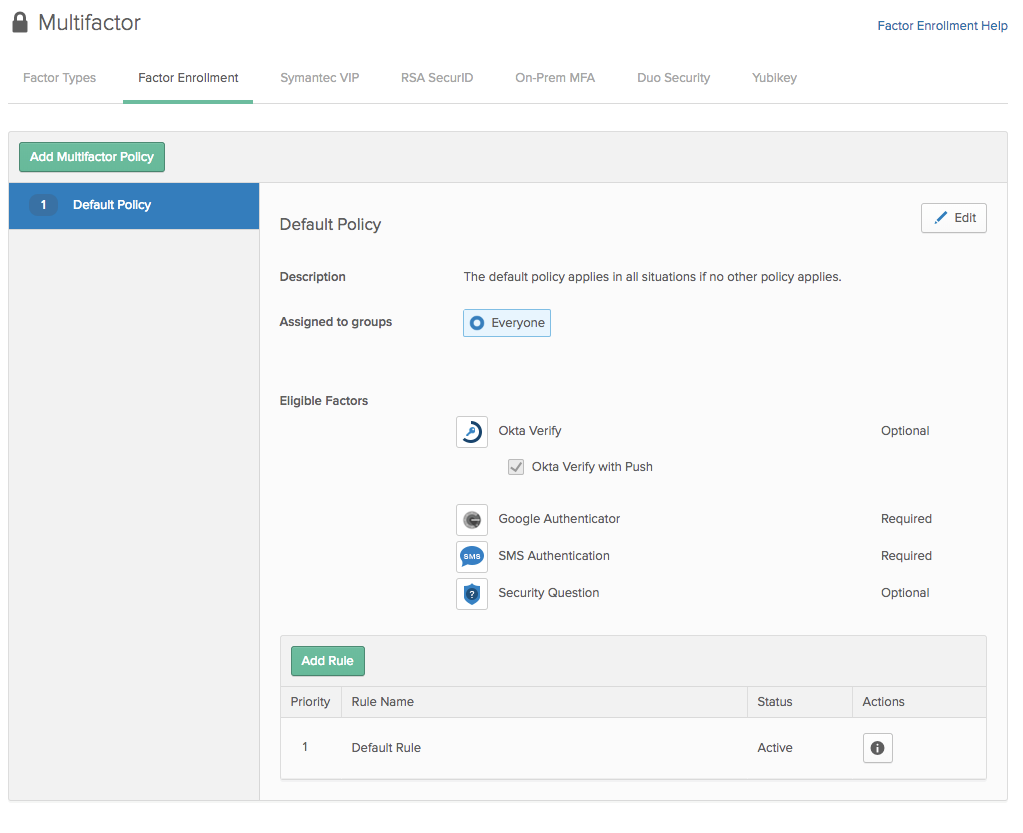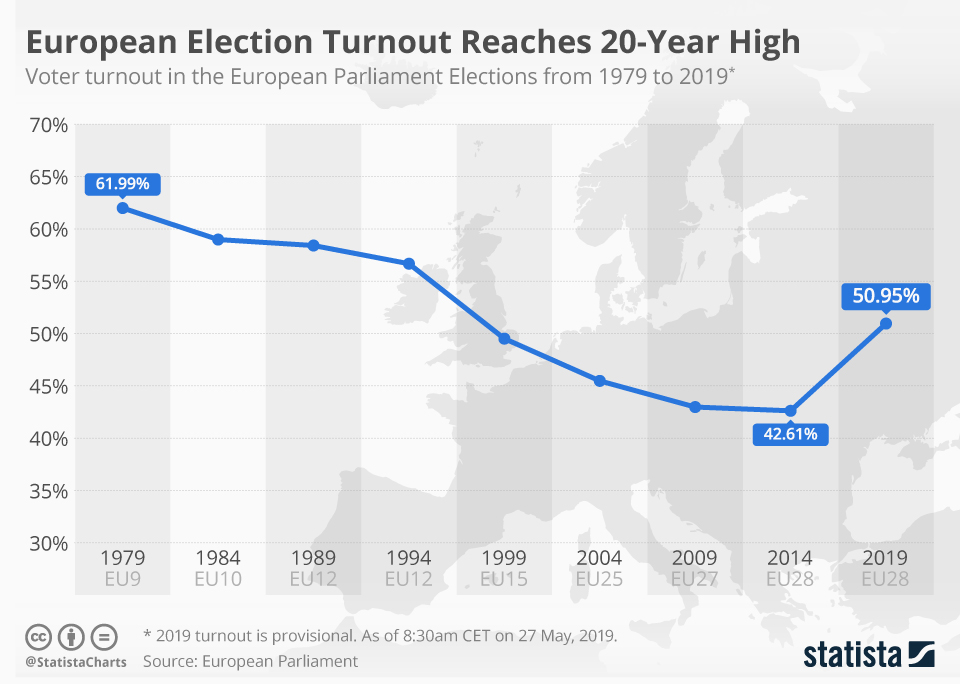The China Factor: Analyzing Challenges Faced By BMW, Porsche, And Other Automakers

Table of Contents
Intense Domestic Competition
The Chinese automotive market is characterized by fierce domestic competition. This intense rivalry significantly impacts the strategies and profitability of international players.
Rise of Chinese Auto Brands
The rapid rise of homegrown brands like BYD, Nio, and Xpeng presents a major challenge to established international automakers. These companies are leveraging technological advancements, particularly in electric vehicles (EVs), to gain significant market share.
- BYD: The success of BYD's Blade Battery technology and its wide range of EVs, from affordable models to luxury offerings, has disrupted the market.
- Nio: Nio's focus on premium EVs and its battery-as-a-service model has attracted a significant customer base.
- Xpeng: Xpeng's advanced driver-assistance systems (ADAS) and intelligent features have proven popular amongst tech-savvy Chinese consumers.
Chinese brands gained a substantial share of the domestic market in recent years, significantly impacting the market share of international brands. This aggressive competition is forcing established players to innovate and adapt rapidly.
Price Wars and Aggressive Marketing
Domestic competition fuels price wars and aggressive marketing campaigns, putting pressure on profit margins for international brands. Chinese automakers often utilize aggressive pricing strategies to gain market share, particularly in the competitive EV segment.
- Price Undercutting: Chinese brands frequently undercut international competitors on price, leveraging economies of scale and government support.
- Localized Marketing: Successful brands are tailoring their marketing messages and campaigns to resonate with Chinese consumer preferences and cultural values.
- Online Sales & Digital Marketing: The Chinese market is heavily reliant on online sales platforms and digital marketing, demanding a robust online presence from international brands.
Navigating Regulatory Hurdles and Government Policies
The Chinese automotive industry operates within a complex regulatory environment, posing additional challenges to international players.
Complex Regulatory Environment
Navigating China's automotive regulations requires significant expertise and resources. These regulations cover various aspects, including emission standards, safety regulations, and import tariffs, which are constantly evolving.
- Stringent Emission Standards: China has implemented increasingly stringent emission standards, pushing automakers to invest heavily in cleaner technologies.
- Complex Import Tariffs: Import tariffs and other trade barriers can significantly increase the cost of importing vehicles into China.
- Data Security and Privacy Regulations: Growing concerns around data security and privacy have led to stricter regulations on data collection and usage by automakers.
Government Subsidies and Incentives for Domestic Brands
Government policies often favor domestic brands, creating an uneven playing field for international competitors. Substantial subsidies and incentives are provided to encourage the development and adoption of domestically produced EVs.
- EV Subsidies: The Chinese government has provided significant subsidies to promote the adoption of electric vehicles, primarily benefiting domestic manufacturers.
- Tax Breaks and Incentives: Various tax breaks and incentives are offered to domestic manufacturers, making it challenging for international brands to compete on price.
- Infrastructure Investments: Government investments in charging infrastructure and other supporting infrastructure primarily benefit domestic EV brands.
Understanding Consumer Preferences and Cultural Nuances
Understanding and adapting to the evolving preferences and cultural nuances of Chinese consumers is crucial for success in this market.
Evolving Consumer Demands
Chinese consumers are increasingly demanding sophisticated features, high-quality vehicles, and cutting-edge technology. The preference for EVs is rapidly growing, particularly amongst younger generations.
- Demand for EVs: The market for electric vehicles is experiencing explosive growth, with a strong preference for domestically produced brands.
- Advanced Technology: Chinese consumers highly value advanced driver-assistance systems (ADAS), connectivity features, and other technological advancements.
- Personalized Features: There is a growing demand for personalized features and customization options, requiring automakers to offer a wider range of choices.
Adapting to Cultural Differences
Successfully navigating the Chinese market demands a deep understanding of local culture and consumer preferences. Adapting products and marketing strategies to suit these nuances is crucial.
- Brand Localization: Adapting brand messaging and communication styles to resonate with local culture is crucial.
- Product Customization: Tailoring product offerings to meet specific preferences, including design, features, and even color options, is essential.
- Relationship Building: Establishing strong relationships with local partners and distributors is crucial for effective market penetration.
Supply Chain Challenges and Geopolitical Factors
The automotive industry's intricate global supply chains and geopolitical factors significantly influence the China market.
Dependence on Chinese Supply Chains
Many international automakers rely heavily on Chinese suppliers for components and parts. This dependence creates vulnerabilities and risks.
- Supply Chain Disruptions: Potential disruptions to the supply chain, caused by geopolitical events or natural disasters, can severely impact production.
- Raw Material Dependence: China's dominance in the production of certain raw materials, such as rare earth elements, creates dependencies for international manufacturers.
- Intellectual Property Concerns: Protecting intellectual property rights within China remains a significant concern for international brands.
Geopolitical Risks and Uncertainties
Geopolitical events and trade tensions between China and other countries can create significant uncertainty and impact market stability.
- Trade Wars and Tariffs: Trade disputes and tariffs can dramatically affect import costs and market access for international brands.
- Political Instability: Political instability or shifts in government policy can create uncertainty and affect business operations.
- Technological Competition: China's increasing technological prowess and ambition to become a global automotive leader are creating intense competition.
Conclusion
The "China Factor" presents a unique set of challenges for international automakers like BMW and Porsche. Successfully navigating this market requires a deep understanding of intense domestic competition, complex regulations, evolving consumer preferences, and potential geopolitical risks. Successfully adapting to these dynamics is paramount for long-term success. Key takeaways emphasize the need for significant investment in localization, technological innovation, and strategic partnerships. To stay ahead in this dynamic market, understanding the multifaceted "China Factor" is crucial. Continue exploring the complexities of this critical market by [link to further resources].

Featured Posts
-
 Nigel Farages Savile Slogan Reform Party Sparks Online Outrage
May 03, 2025
Nigel Farages Savile Slogan Reform Party Sparks Online Outrage
May 03, 2025 -
 Harry Potter Merchandise Your Ultimate Guide For International Harry Potter Day
May 03, 2025
Harry Potter Merchandise Your Ultimate Guide For International Harry Potter Day
May 03, 2025 -
 Latest Fortnite Shop Update Players Express Discontent
May 03, 2025
Latest Fortnite Shop Update Players Express Discontent
May 03, 2025 -
 Celebrity Traitors Major Setback For Bbc
May 03, 2025
Celebrity Traitors Major Setback For Bbc
May 03, 2025 -
 The Return Of Classic Fortnite Skins Item Shop Update
May 03, 2025
The Return Of Classic Fortnite Skins Item Shop Update
May 03, 2025
Latest Posts
-
 Florida And Wisconsin Election Turnout Trends Analysis And Predictions
May 03, 2025
Florida And Wisconsin Election Turnout Trends Analysis And Predictions
May 03, 2025 -
 Radio 4 Why Nick Robinson And Emma Barnett Dont Present Together
May 03, 2025
Radio 4 Why Nick Robinson And Emma Barnett Dont Present Together
May 03, 2025 -
 Ndcs Techiman South Parliamentary Election Petition Fails In High Court
May 03, 2025
Ndcs Techiman South Parliamentary Election Petition Fails In High Court
May 03, 2025 -
 Nick Robinson And Emma Barnett Uncovering The Reason For Their Separate Radio 4 Programs
May 03, 2025
Nick Robinson And Emma Barnett Uncovering The Reason For Their Separate Radio 4 Programs
May 03, 2025 -
 Analyzing Voter Turnout In Florida And Wisconsin Implications For The Future Of Us Politics
May 03, 2025
Analyzing Voter Turnout In Florida And Wisconsin Implications For The Future Of Us Politics
May 03, 2025
